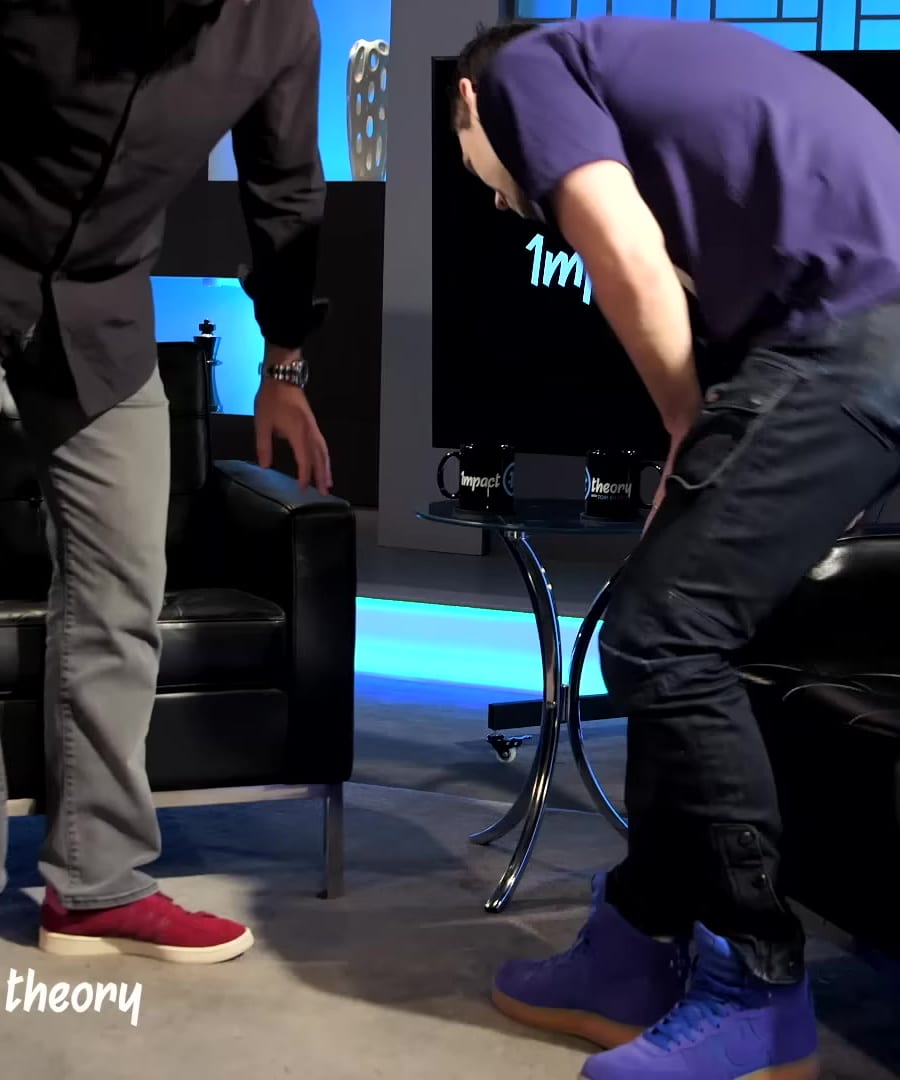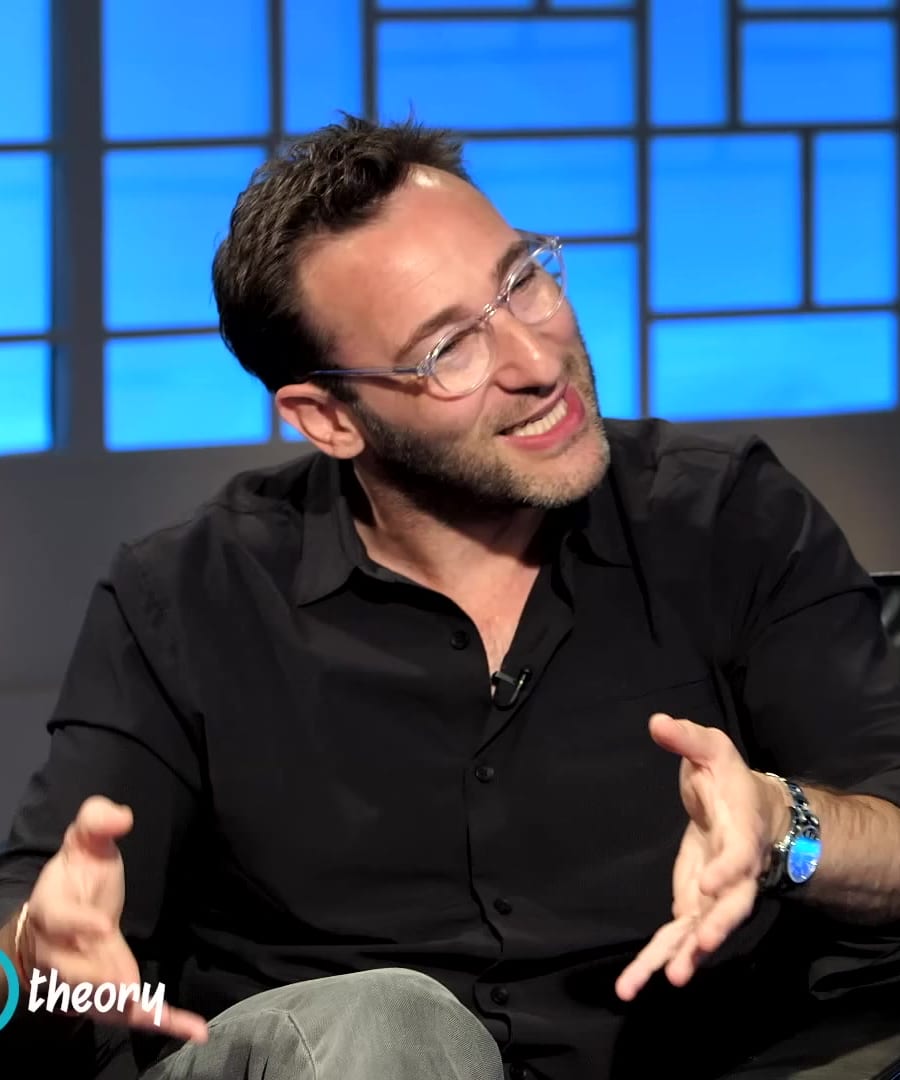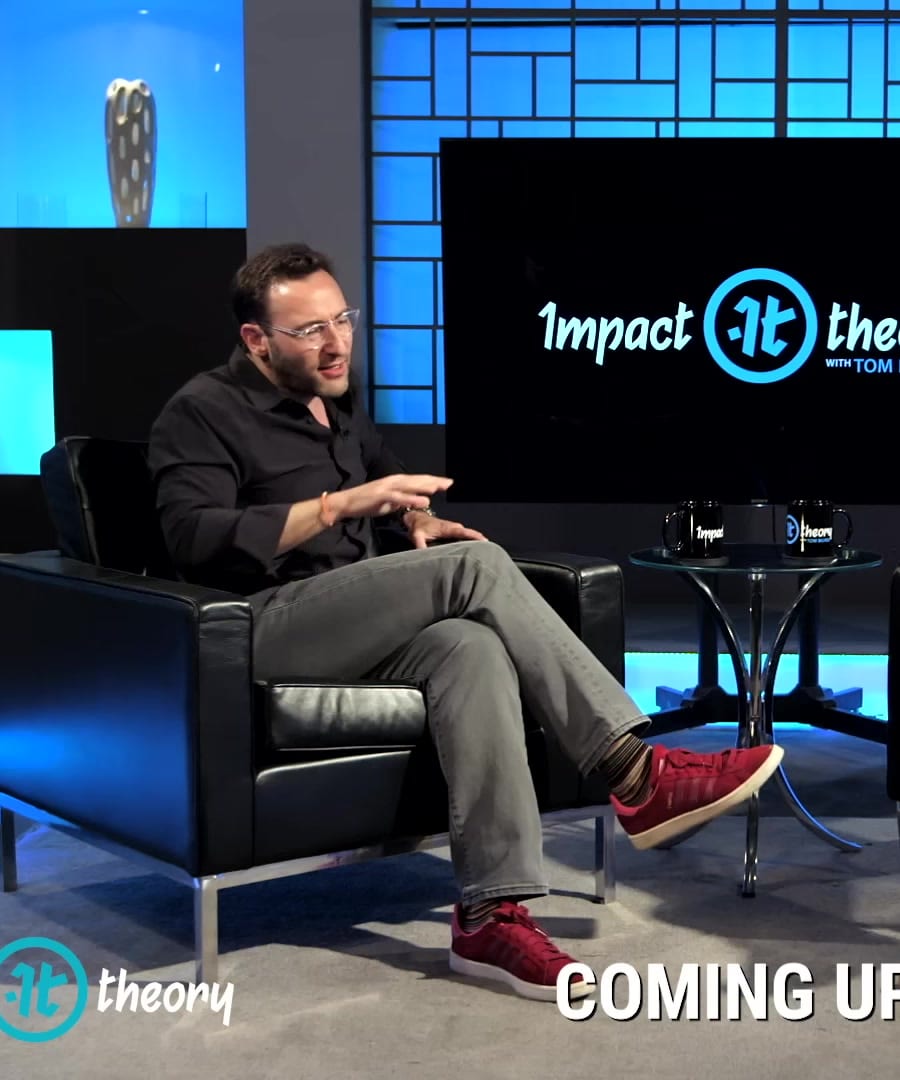Finite vs. infinite mindset in business?
Sources:
In business, adopting a finite versus infinite mindset has deep implications for how organizations operate and sustain themselves.
Finite Mindset:
- Characterized by set objectives, clear endpoints, and a focus on winning against competitors. Businesses led by a finite mindset prioritize short-term gains and metrics, typically financial performance. This approach can lead to unethical behavior, reduced trust, and lower innovation 1.
Infinite Mindset:
- Focuses on sustainability, change, and playing for the long term. Businesses with an infinite mindset do not focus on defeating competitors but rather on outlasting them through adaptability and continued relevance. This approach nurtures trust, cooperation, and innovation, leading to long-term organizational health and success 2.
For instance, after Microsoft's leadership shift from Steve Ballmer to Satya Nadella, the company's focus shifted from beating specific competitors to improving its offerings and value to customers. This is a clear shift from a finite to an infinite mindset, which allowed Microsoft to thrive sustainably 3.
Similarly, Simon Sinek emphasizes that organizations should aim to perpetuate their play instead of playing to win. Organizations should shift from prioritizing short-term goals to fostering an environment where they can thrive in the long term by focusing on continual improvement and adaptation 4.
Thus, building sustainable companies requires fostering an infinite mindset across the organization. This involves setting visions that extend beyond winning and instead focus on lasting impact and relevance 5.
RELATED QUESTIONS


